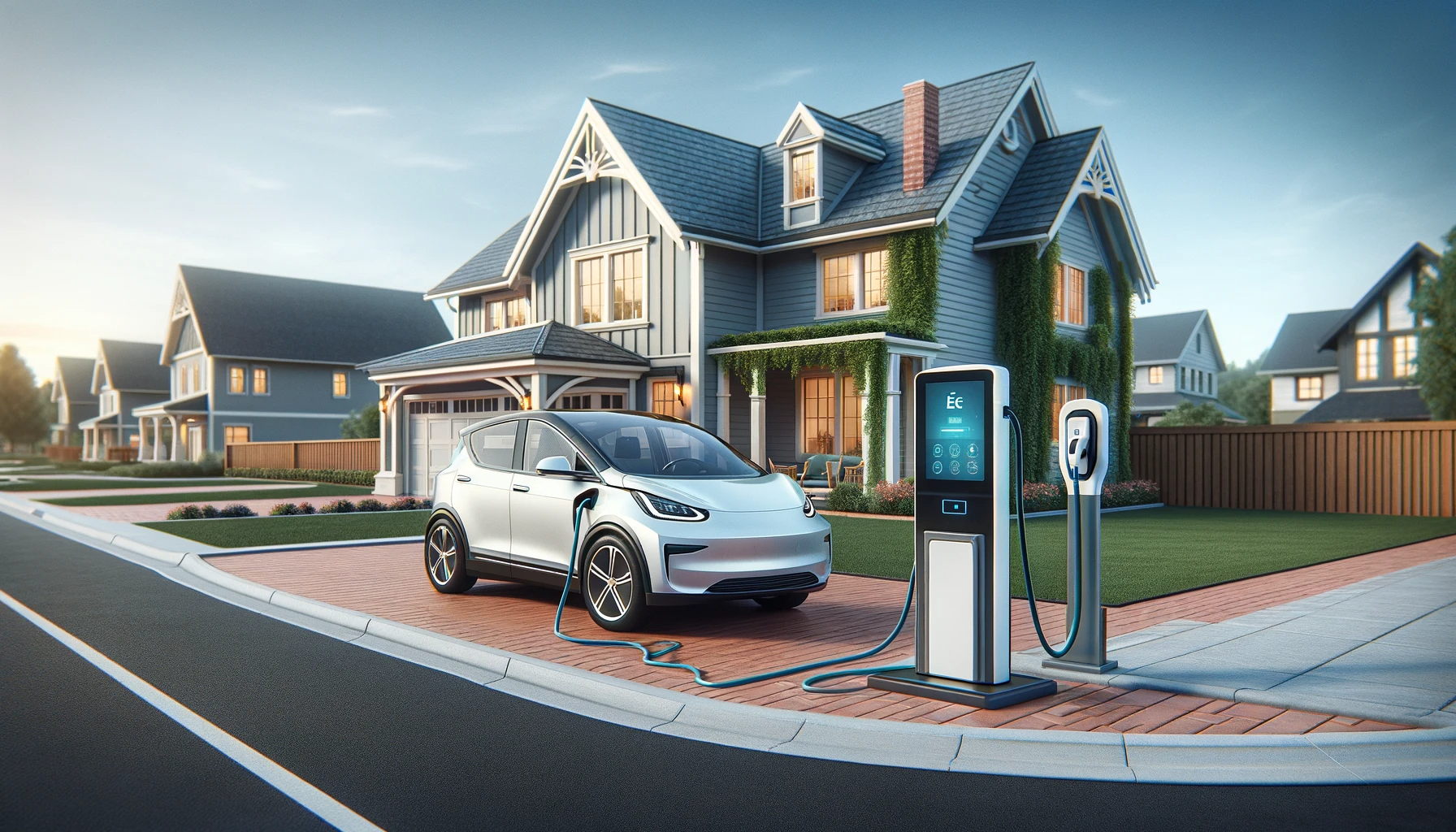
Installing an electric vehicle (EV) charging station at home in Australia is becoming increasingly popular as more Australians make the switch to electric vehicles. The convenience of charging your EV at home can’t be overstated, providing you with a full battery at the start of each day without the need to find and wait at public charging stations. However, the cost of installing an EV charging station at home varies widely depending on several factors including the type of charging station, installation complexities, and any additional upgrades required for your electrical system. To provide you with a comprehensive overview of EV charger installation costs in Australia, let’s delve into the details.
Types of EV Charging Stations
The cost of the charging station itself is one of the primary factors influencing the overall installation cost. There are generally two types of home charging stations available:
Level 1 Charging Stations (Slow Charging)
Power Output: Up to 2.4 kW
Cost to Install EV Charging Station Level 1: $300 to $600
Charging Speed: Adds approximately 10-15 kilometers of range per hour of charging.
Installation Requirements: Level 1 charging can usually be done with a standard Australian 240V power outlet, which is the same as those used for regular household appliances. This means there’s often no need for special installation if you have an accessible outlet in your garage or near where you park your EV.
Use Cases: Best suited for overnight charging at home or at workplaces where cars can be parked for long durations. Given their slow charging speed, Level 1 chargers are typically not used in public charging stations.
Level 2 Charging Stations (Fast Charging)
Power Output: Typically between 7 kW and 22 kW
Cost to Install EV Charging Station Level 2: $500 to $2000
Charging Speed: Adds about 40-50 kilometers of range per hour of charging, making them significantly faster than Level 1 chargers.
Installation Requirements: Requires a dedicated 240V circuit and may necessitate an upgrade to the home’s electrical system. Professional installation is recommended to ensure safety and compliance with Australian standards.
Use Cases: Ideal for home and public use, including workplaces, shopping centers, and parking lots. They offer a good balance between charging speed and installation costs, making them the most popular choice for home charging stations in Australia.
DC Fast Charging Stations (Rapid Charging)
Power Output: Typically starts at 50 kW and can go up to 350 kW for the latest models.
Charging Speed: Capable of adding 100 kilometers of range in as little as 8-10 minutes for the higher capacity chargers, making them the fastest charging solution available.
Installation Requirements: DC fast chargers require high-capacity power connections, which are usually only available in commercial or industrial locations. The installation is complex and significantly more costly than Level 1 or Level 2 chargers.
Use Cases: Primarily used in public charging networks along highways and in urban areas where quick charging is necessary to extend the range of EVs during longer trips. They are not typically installed in residential settings due to their high power requirements and installation costs.
Additional Costs
- Electrical Upgrades: If your home requires an electrical upgrade to accommodate an EV charger, costs can vary. A new circuit breaker might cost a few hundred dollars, while a complete panel upgrade could range from AUD 1,000 to AUD 3,000 or more.
- Permits and Inspections: You may also need to factor in the cost of permits and inspections required by your local council or municipality, which can vary widely across different areas in Australia.
Choosing the Right Type of EV Charging Station
The choice between these charging stations depends on several factors, including the vehicle’s charging capability, the owner’s driving and parking patterns, and the financial budget for both installation and ongoing electricity costs. Level 2 chargers strike a balance between charging speed and cost for most homeowners, while DC Fast Chargers are essential for supporting long-distance EV travel across Australia. Level 1 chargers, despite their slow charging rate, can still be a practical option for plug-in hybrid owners or those with minimal daily driving distances.
Government Incentives
It’s worth noting that there are government incentives and rebates available in some states and territories in Australia that can help offset the cost of purchasing and installing an EV charging station at home. These incentives can significantly reduce the out-of-pocket expenses for EV owners. Be sure to check the latest available incentives in your area as they can change over time.
Factors Influencing the Cost of EV Charger Installation
Several factors can influence the cost of installing an EV charger at home:
- Electrical Upgrades: Older homes may need an upgraded electrical panel to accommodate the charger, which can cost between $1,500 and $4,000.
- Charger Type: The level of charger you choose significantly impacts the cost.
- Labor Costs: Hiring a professional electrician is recommended for safe installation, and labor costs can vary based on your location and the complexity of the job.
- Additional Features: Advanced features like smart scheduling, energy monitoring, and mobile app integration can add to the cost.
EV Charging Installation Permits and Regulations
Understanding local regulations and obtaining the necessary permits is a crucial step in the installation process of EV Charging stations. Permitting requirements vary by location and can influence the overall cost and timeline of the installation. Some states offer streamlined processes, while others may require detailed plans and higher fees. Researching local regulations and working with an experienced electrician can help ensure that your installation adheres to all necessary codes and standards.
Installation Process and Professional Assistance
Installing an EV charger involves electrical work that can be complex and hazardous. It’s highly recommended to hire a professional electrician. The cost of electrical work varies but typically ranges from $6 to $12 per linear foot for new wiring. Professional installation ensures safety and compliance with local codes and regulations.
Benefits of Installing an EV Charger at Home
Having an EV charger at home offers several benefits:
- Convenience: Charge your vehicle overnight or at any convenient time without relying on public charging stations.
- Cost-Effectiveness: Charging at home can be cheaper than using public charging stations, especially if you take advantage of off-peak electricity rates.
- Property Value: Installing an EV charger can increase the value of your home, making it more attractive to future buyers.
Conclusion
As the world moves towards sustainable transportation, having an EV charger at home is becoming increasingly essential. While the cost and process may seem daunting initially, the long-term benefits and convenience are undeniable. If you’re considering an EV charger installation, start by researching different charger types, consult with professional electricians for quotes, and explore available government incentives. With the right approach, you can make your transition to electric vehicle ownership seamless and cost-effective.


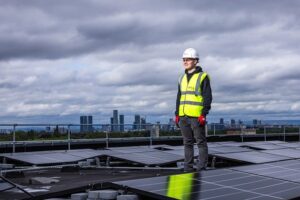
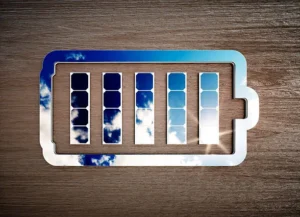
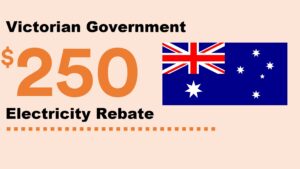
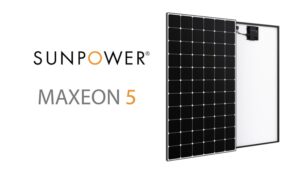
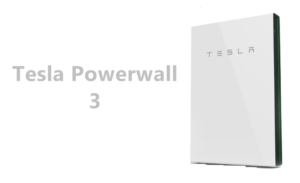
1 thought on “EV Charger Installation Cost in Australia”
Comments are closed.